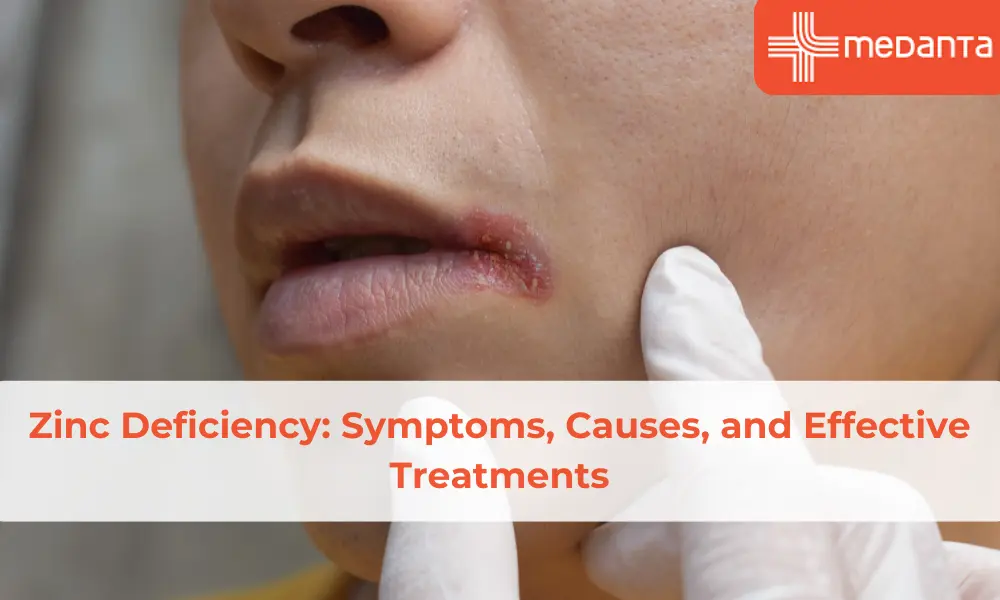Causes, Symptoms, Diagnosis, Treatment, and Prevention of Concussion
Concussion is a traumatic brain injury that occurs due to a blow or jolt to the head or body, causing the brain to move rapidly within the skull. It is essential to raise awareness and understanding about concussions as they can have significant short-term and long-term consequences if not properly managed. In this blog, we'll delve into the causes, signs of concussion, diagnosis, concussion treatment, and prevention strategies for concussions.
Causes of Concussion
Concussions can result from various causes, including sports injuries, falls, motor vehicle accidents, and physical assaults. The primary mechanism behind a concussion is the sudden acceleration or deceleration of the brain within the skull, leading to injury. When the head undergoes a forceful impact, the brain could collide with the inside of the skull, resulting in temporary dysfunction. High-impact sports like football, soccer, boxing, and rugby pose a higher risk of concussions due to the nature of their physical contact. However, it's important to note that concussions can occur in various settings and activities, and everyone should be aware of the potential risks.
Signs of Concussion
Understanding the signs of concussion is paramount for timely diagnosis and proper management. Immediate signs may include loss of consciousness, confusion, memory problems, dizziness, or nausea. However, many signs of concussion can develop over time, such as persistent headaches, difficulty concentrating, sleep disturbances, mood swings, and sensitivity to light or noise.
It's important to note that mild concussion symptoms could vary widely from individual to individual, and even a mild concussion should not be taken lightly. Individuals should be aware of these signs of concussion and seek medical care if they experience any following a head injury.
Diagnosis of Concussion
Diagnosing a concussion involves a comprehensive medical evaluation and a detailed history of the injury. Healthcare professionals, such as doctors or neurologists, will perform a neurological examination to assess cognitive function, coordination, balance, and reflexes. They will also inquire about the circumstances of the injury, the mild concussion symptoms experienced, and any previous head injuries. Diagnostic imaging techniques may be utilised to rule out other potential injuries or complications.
Concussion Treatment
The initial concussion treatment involves rest and activity modification. Physical and cognitive rest allows the brain to heal and recover. This means avoiding activities that worsen symptoms, including physical exertion, screen time, and mentally demanding tasks. Adequate sleep is crucial for the recovery process, and individuals may need to adjust their schedules accordingly.
Medications may be prescribed to manage specific mild concussion symptoms such as pain, headaches, or sleep disturbances. However, it's important to note that medication must be used under expert medical supervision and only as necessary.
In some cases, cognitive and physical therapy may be recommended as a concussion treatment to aid in recovery and address any lingering deficits. Rehabilitation programs may focus on restoring balance, coordination, memory, and cognitive abilities, tailored to each individual's needs.
Management of Mild Concussion Symptoms
Mild concussions often resolve on their own within a few weeks with proper care and management. Common mild concussion symptoms include headaches, dizziness, fatigue, irritability, and difficulty concentrating. It is crucial to prioritise self-care measures such as getting adequate rest, maintaining a healthy lifestyle, managing stress, and avoiding activities that exacerbate symptoms. Applying cold compresses to the head can help alleviate pain and reduce inflammation. Over-the-counter pain relievers like acetaminophen or NSAIDs may be used to manage mild headaches, but it's paramount to consult a healthcare professional before taking any medications.
Prevention of Concussion
Prevention is crucial in reducing the severity of concussions. When participating in high-risk activities or sports, individuals must take precautions to lessen the risk of head injuries. Here are some key strategies for preventing concussions:
- Wear appropriate protective equipment: Wearing properly fitted and approved protective equipment is essential for minimising the risk of head injuries. In sports such as football, hockey, or biking, helmets are crucial for absorbing and distributing the force of an impact. Mouthguards can also help protect the teeth and reduce the risk of concussions by acting as a shock absorber.
- Ensure proper equipment maintenance: It is important to regularly inspect and maintain protective equipment to ensure its effectiveness. Replace any damaged or worn-out equipment, such as helmets with cracks or compromised padding. Ill-fitting equipment may not provide adequate protection, so it's crucial to ensure proper fit and adjustments.
- Follow safety guidelines and techniques: Adhering to safety guidelines and using proper techniques can significantly reduce the risk of concussions. Coaches, trainers, and instructors should prioritise teaching and enforcing safe practices. This includes proper tackling techniques in contact sports, teaching athletes to avoid leading with their heads, and promoting safe play and fair competition.
- Improve sports field and playground safety: Ensuring the safety of sports fields, playgrounds, and recreational areas can help lessen the risk of head injuries. Surfaces should be properly maintained, with appropriate shock-absorbing materials such as rubber mulch or foam padding. Regular inspections should be conducted to identify and address any hazards or potential risks.
Long-Term Effects and Post-Concussion Syndrome
Recurrent or severe concussions can have long-term effects and increase the risk of developing PCS. PCS refers to persistent symptoms that last longer than expected recovery periods. Symptoms may include headaches, cognitive difficulties, sleep disturbances, mood changes, and fatigue.
Proper management of PCS involves a multidisciplinary approach, including medical care, rehabilitation, and psychological support. Healthcare professionals may prescribe medications to manage specific symptoms, and cognitive-behavioural therapy or counselling may be beneficial in addressing psychological and emotional challenges. It is essential for individuals experiencing persistent symptoms to seek ongoing medical care and support to optimise their recovery and quality of life.
Conclusion
Concussions are common injuries that can have significant consequences if not properly managed. Understanding the causes, symptoms, diagnosis, concussion treatment, and prevention strategies for concussions is crucial for ensuring the well-being of individuals who experience head injuries. By prioritising safety measures, raising awareness, and seeking prompt medical attention, we can minimise the impact of concussions and promote optimal recovery. Let's work together to protect our brains and prioritise our long-term health.






